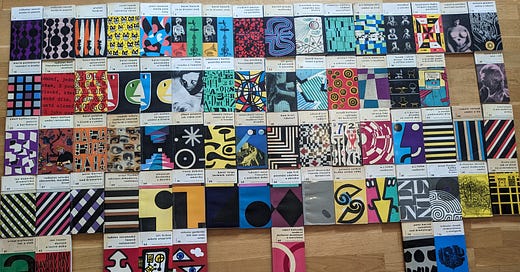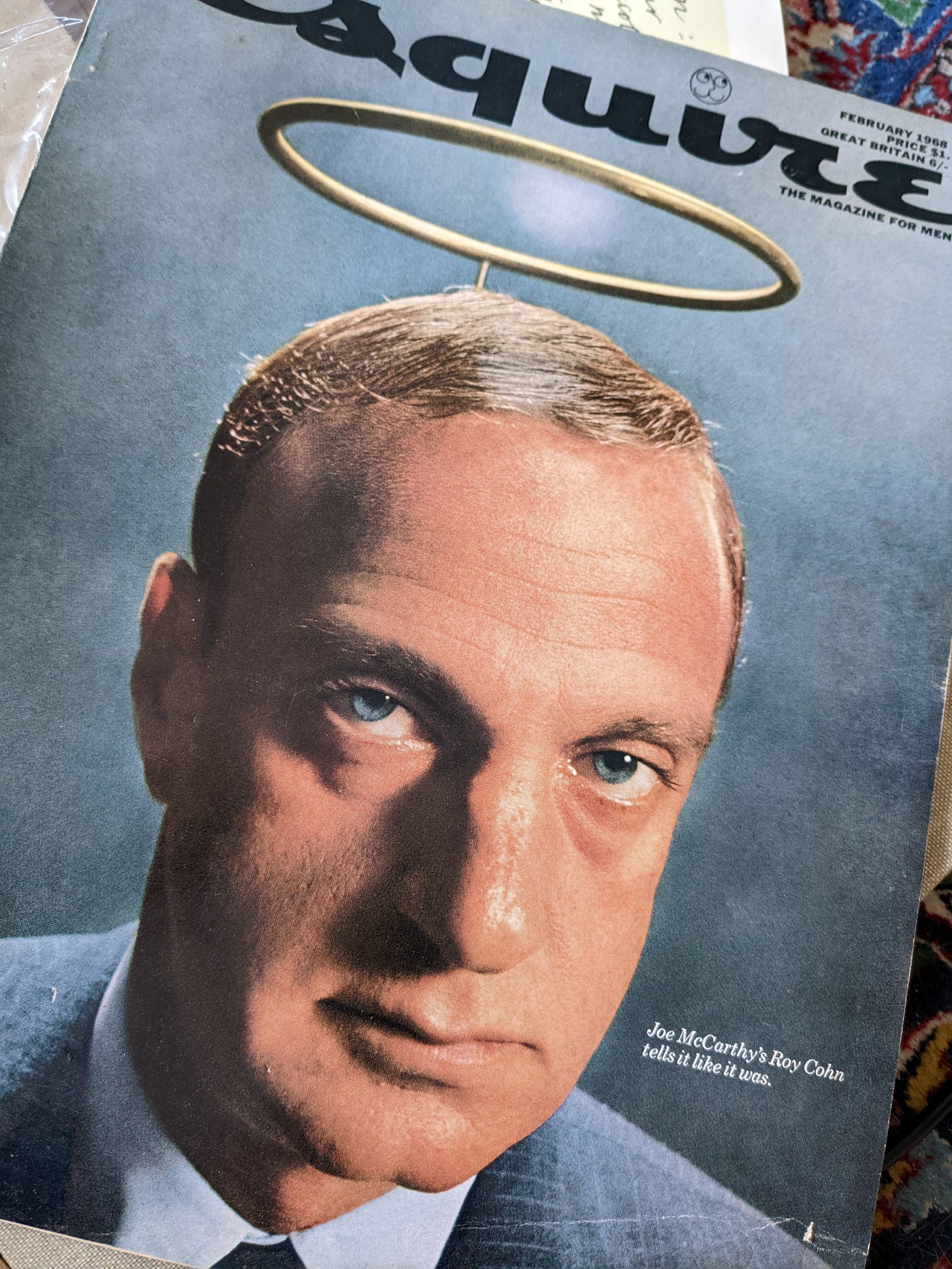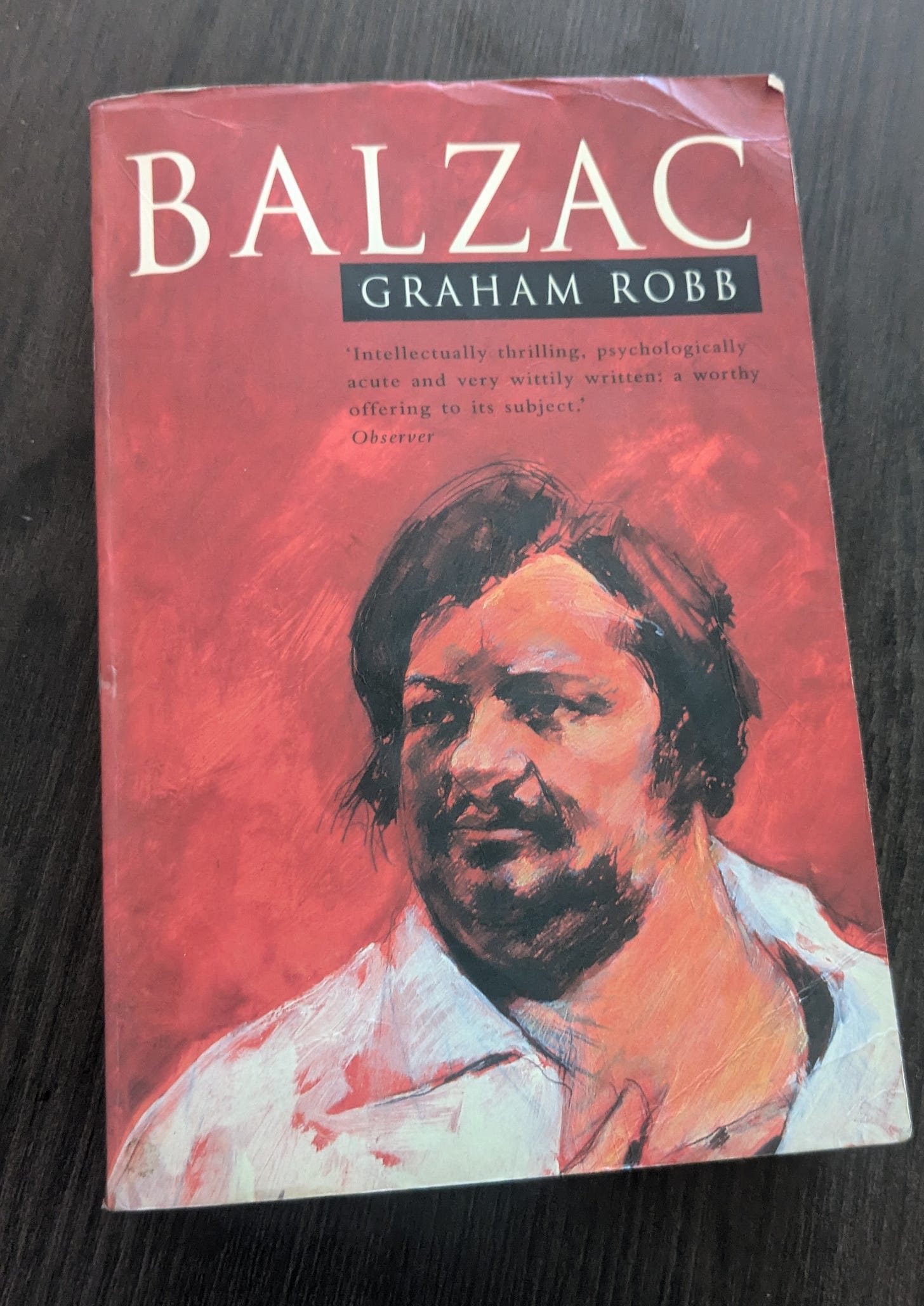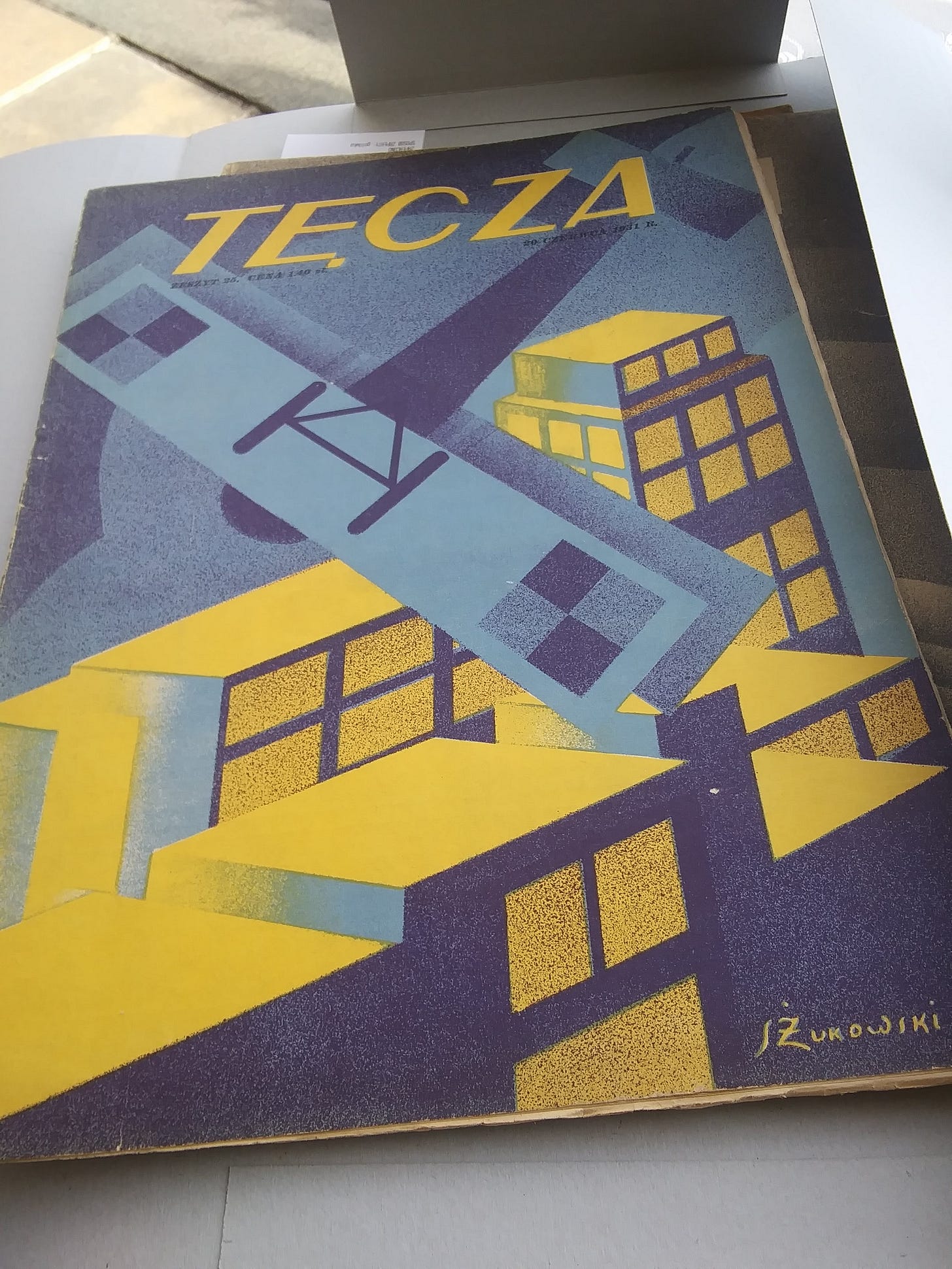For the past several months I’ve been trying to write an introduction to a print catalogue that lists the six-hundred and fifty-odd Biblio File podcast conversations I’ve conducted over the past twenty years. A couple of days ago I decided to remove the ponderous references to my collecting habit, and present them here for you to ponder.
:
I’m often seized by new collecting ideas (this urge to own, and understand). I love how they lead straight to detective work, mapping parameters, defining targets, and then to the hunt, pulling the trigger, analyzing what comes home.
I love living and participating in print culture, and value knowledge gained and pleasure experienced from studying what I find - books mostly, but lately more and more, magazines.
Content is obviously important, but so is the object. Much of what I seek is beautiful - for example the Questions and Opinions series of Czech paperbacks from the sixties we hunted down a year or so back with their striking covers art directed by Zdenek Seydl.
Much of what I buy is well-designed: witness my collection of bookseller catalogues - notably those that Jerry Kelly had a hand in.
Some are expertly printed: the fine press bibliographies I’ve got for example. Others are historically significant, the Canada and its Provinces series that librarian Ian Wilson once told me about during an interview - National Archivist Arthur Doughty’s ‘monumental, under-appreciated nation-building publishing project.’
Still others are emblematic of their times, like my Esquire magazines from the sixties.
Everything I buy intrigues in one way or another - proof that something interesting took place; a prompt to think about, appreciate, and understand the world a bit better; props that support a narrative.
Collecting isn't just a hobby for me; it’s a way of life, a way to spend time well, to play in the past, nail down the present. A way to relate to the world, journey towards wisdom. Like storytelling, it’s a fellow's way of fooling himself - creating trouble, finding serenity. Pretending he controls the chaos.
To live as a collector requires an ability and will, first of all to identify what’s interesting (or troubling), then to make it understandable by breaking it down into collectible pieces, to delineate an obtainable objective, and finally, to go after it; it also requires the capacity to see value where others don’t; to browse a bookstore, for example, or a flea market or thrift shop, and feel the pulse of the possible. Collectors tend to move through the world constantly scanning, evaluating, remembering (what do I and don’t I already own, mostly!). This state of mind fosters a habit of looking, listening, noticing, attending to detail, and recognizing a good thing when you see it. Making the argument, in short. Collecting trains your eye, refines your sense of what matters.
This form of attentiveness facilitates learning. Repetitive examination teaches an appreciation for craftsmanship, skill, and talent. Collecting offers a pathway to wellsprings of emotion too, and pleasure. The thrill of finding precious things. By collecting, one learns not just about objects, but also about people and places. Collecting connects you to them. It charts a route for you in the world too - locally, globally, physically, mentally - assuming you’re willing to follow it.
Collecting often begins with fascination. Over time, because of what’s acquired, a kind of autobiography reveals itself. What someone collects says a lot about who they are, what they cherish, how they interpret the world. The shelves, boxes, binders, and piles of books and ephemera in a collector’s home serve as a sort of map to their inner lives, their souls. Each item has its own story which, when woven together, tell an epic poem, a journey of intent, a quest for completion, the crazy desire for complete knowledge of a sacred subject.
While collections speak of loves, interests, goals, and obsessions, collecting itself constitutes a journey of self-discovery through engagement with the world. It shows what’s valued and admired most. It dictates how we act. It provides answers to the most fundamental question we can ask of ourselves: who am I?
Collecting entails more than just acquisition and accumulation. It's equally about curation, and stewardship, slowing down, observing, resisting transience, learning how to care for objects, how to store and preserve them, tracing origins and evaluating impact. For some, collecting goes even further. It evolves into a spiritual, philosophical practice— a method of imposing order, finding coherence. Furthering civilization!
To collect is to choose engagement over indifference. In a world that moves so quickly and absent-mindedly, collecting helps us to reflect — to study and remember the past, understand and appreciate the present. It's a way of life rooted in curiosity, driven by an urge to make sense of the world from its gathered fragments - captured 'confetti.' Collecting isn’t just about objects, it's about lives, stories, patterns, and the deeply human impulse to assign meaning; it's also a conversation: with the self, other like-minded people, and the world. Plus, as I say, it takes you to all sorts of weird and wonderful places you'd never otherwise visit.
Of course, collecting has its negative aspects too, as Balzac’s life experience shows.
It can hurtle you, through obsession and compulsion, into: bankruptcy or uncontrollable hoarding. Nonetheless, it remains a deeply human pursuit and can be extremely rewarding on many fronts. Collecting enables expression of admiration, and reverence. It helps to anchor you in something tangible, to build continuity across time, to engage with the things that speak to you most clearly, bond you to tribe members - people who share your blood type. It can even, on occasion, make you money.
The collector is someone who is constantly looking for opportunities, paying attention to things like scarcity, associations, and context. A poster, for example, isn’t just a sheet of paper— it's a story, an exhortation, a pitch, promotion of a product or performance, recollection of a time, a place, a mood; propaganda trumpeting a political movement, a persuasion - proof that something happened. A ticket stub is a remnant of a presence, a memory of an event, a trace of human experience, evidence of a moment lived. These aren't just possessions, they're touchstones, catalysts, proofs of existence; recordings of history; relics of life; pieces of the puzzle that is the world. A version of the truth. What really happened. Collectors are archivist historians.
Collecting is educational. Every object obtained offers a portal for learning. A magazine, for example, holds history, society, economics, art and culture in its pages. Contemporary tastes, fashions, designs, interests, mores, events, beliefs - all are present. All reflect owners’ agendas and editors’ choices. All influence, inform, and entertain readers. What a wealth of information!
Over time, the act of collecting also teaches patience and discrimination. A collector begins to see what others don't — to ask better, more informed, more unusual questions, to spot and investigate things that don't make sense - contradictions and incongruities - all of which lead to insight and understanding.
There’s a joy in collecting too that's rooted not just in acquisition and ownership, but in the recognition and pursuit of significant meaning. The act of finding what you're after —especially unexpectedly—brings with it both a thrill and a feeling that something precious has been rescued, put where it belongs. To sort, catalog, and curate is to impose a kind of narrative, to see connections where others might just see clutter. A collection is never complete; it's alive, shaped by time, chance, inclinations, circumstances and shifting interests. It grows, as we do.
Collecting is metaphor for living more thoughtfully and attentively - with wonder. It makes you look at things and listen to people more closely. It honors the partial, the specific, but also helps put things in perspective by making relative sense of everything. To be a collector demands an eye for variation, a hunger for context. Every item invites research and reflection. In accumulating what we collect we accumulate knowledge. Ultimately, it reminds us that meaning doesn't arrive whole. Rather it reveals itself slowly, after lots of meticulous, persistent hard work.
Beyond learning, collecting fosters a kind of intimacy with the world. It teaches us to appreciate the value of the overlooked or forgotten. In piecing together a collection, we are also piecing together a worldview—one informed by a desire to preserve something meaningful.
There’s something profoundly human about the impulse to collect. Children do it instinctively—stones, shells, beanie babies, gathered with no purpose other than to keep them close. There’s also a rhythm to collecting that brings a certain peace. The on-going, deliberate process of finding, preserving, cataloging, and studying invites mindfulness. It’s a practice of love and presence. One that’s been good for my heart and soul.
Collecting influences your relationship with time. It teaches you that everything has a past, that stories and “truths” persist in the physical things we leave behind. To collect is to believe that the world is worth knowing in detail, and that building a personal archive of meaning is a worthwhile undertaking. For some, collecting might seem trivial. But for those of us who live this way, it’s an act of devotion — a dedication to learning, to acknowledging the significance of history, to honouring the accomplishments of others, and pursuing truth and beauty.
***
My book collecting habit displays the following symptoms: flashes of recognition, prolonged periods of plotting, intense strategizing, relentless pursuing, predatory purchasing, careful preservation, focused examination, brazen theorizing, and cautious presentation. It's characterized by elements of personal interest, need, knowledge and ignorance (I know this is important, but is it worth what they’re asking?); of taste, discernment, impulse, admiration, vanity, aesthetic appreciation, jealousy, impecunity, hard-nosed skin-flintedness, blindness and competition.
I have an intimate relationship both with the physical and the intellectual contents of my collections. Books, to me, are more than merely words on the bound page, they are: carriers of ideas, catalysts for thought, mineshafts of history, exemplars of craft, objects of beauty, gateways to knowledge, pathways to other minds, stimulators of imaginations, spacecraft to alien worlds, vessels of meaning.
A book collector sees a book as an artifact judged by such criteria as: the quality of the paper (texture, weight/grain/rag-content/watermarks), materials used in the bindings; the appropriateness of the typefaces, symmetry of the page layouts, bite of the lead, elegance of the illustrations, suitability and/or drama of the endpapers, the punch of the cover design — all these details excite interest and the collector’s eye is closely attuned to them. First editions, first printings, signed limited editions, obscure printings, unique association copies - all have a special hold because all tell interesting stories and portend significance: first appearances, the birth of new ideas or imaginary worlds, telling relationships. Weird maybe, but magical.
Living as a book collector means moving through the world with a constant sensitivity to opportunity, a ‘biblio-awareness,’ if you like. Bookshops—especially secondhand and antiquarian — are sacred places. Estate and library clear-out sales, flea markets, thrift stores, book fairs, Facebook Marketplace, eBay - all playpens filled with potential. The collector joins clubs, reads bookseller catalogues, buys, sells, and trades online, researches values and printing histories, and cultivates relationships with dealers and fellow book lovers. Sure it’s a life animated by the hunt, the kill, the score, but it also includes calm endeavors - the care, study, curation, custodianship and appreciation of what’s been found. And the cultivation of friendships.
A personal library isn’t merely an accumulation of books, as I say, it's an autobiography. A reflection of character and personality. Each book tells a story, and represents many things: a specific time, a thought process, an interest, a learning opportunity, a possession, a decision. Organization is also a thing. Some collectors arrange their shelves chronologically, others alphabetically by author or subject, publisher, geography, even colour. With time, the collection begins to reflect a worldview—what and who the collector values and how much.
Book collecting resists the ephemeral nature of contemporary online culture. In a world of downloadable digital files and self-serving algorithmic feeds, the collector looks for more permanent printed possessions. Either due to defiance or incapacity, I, for example, cannot, or will not, read a book online or on a tablet. I need a pencil in my hand to mark the passages that must be underlined, and I need the printed codex format to effectively navigate what I'm reading.










You are a national treasure .
Thank you.
You are a national treasure .
Thank you.